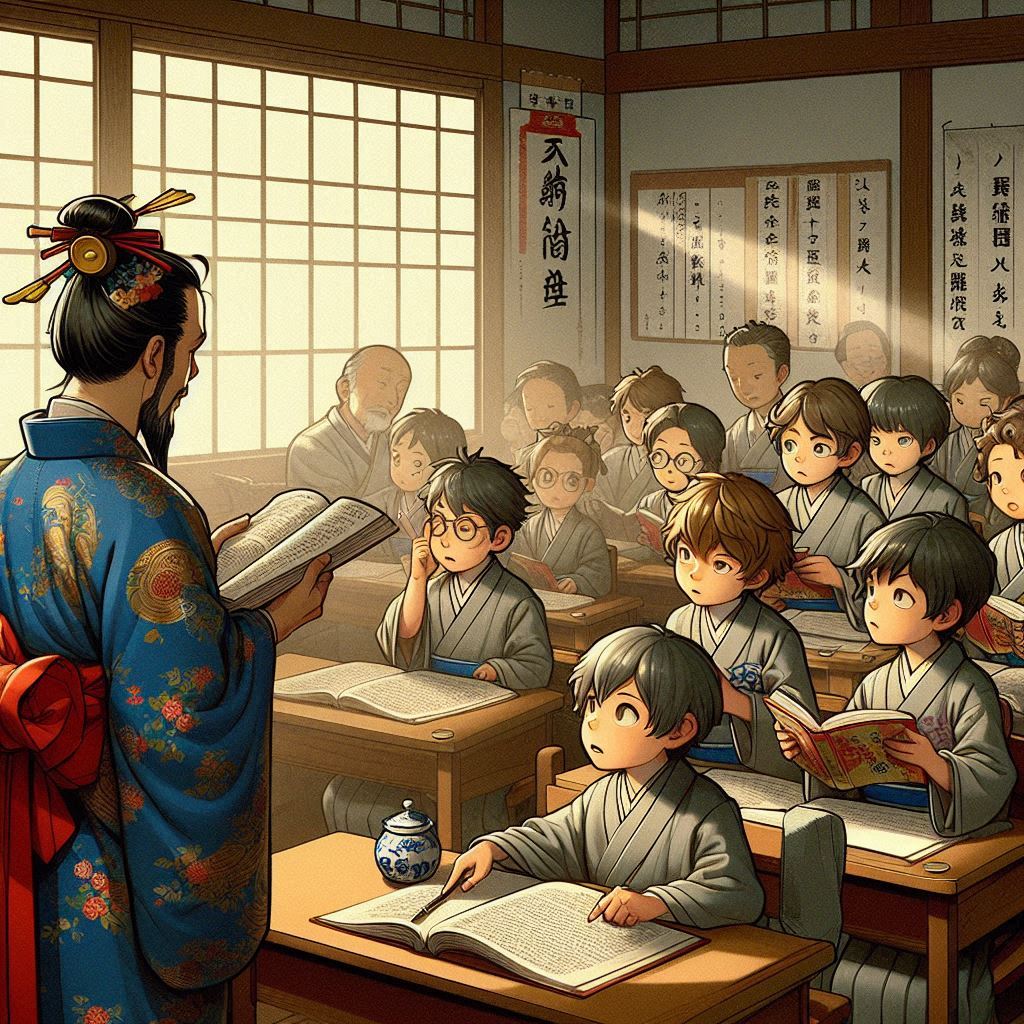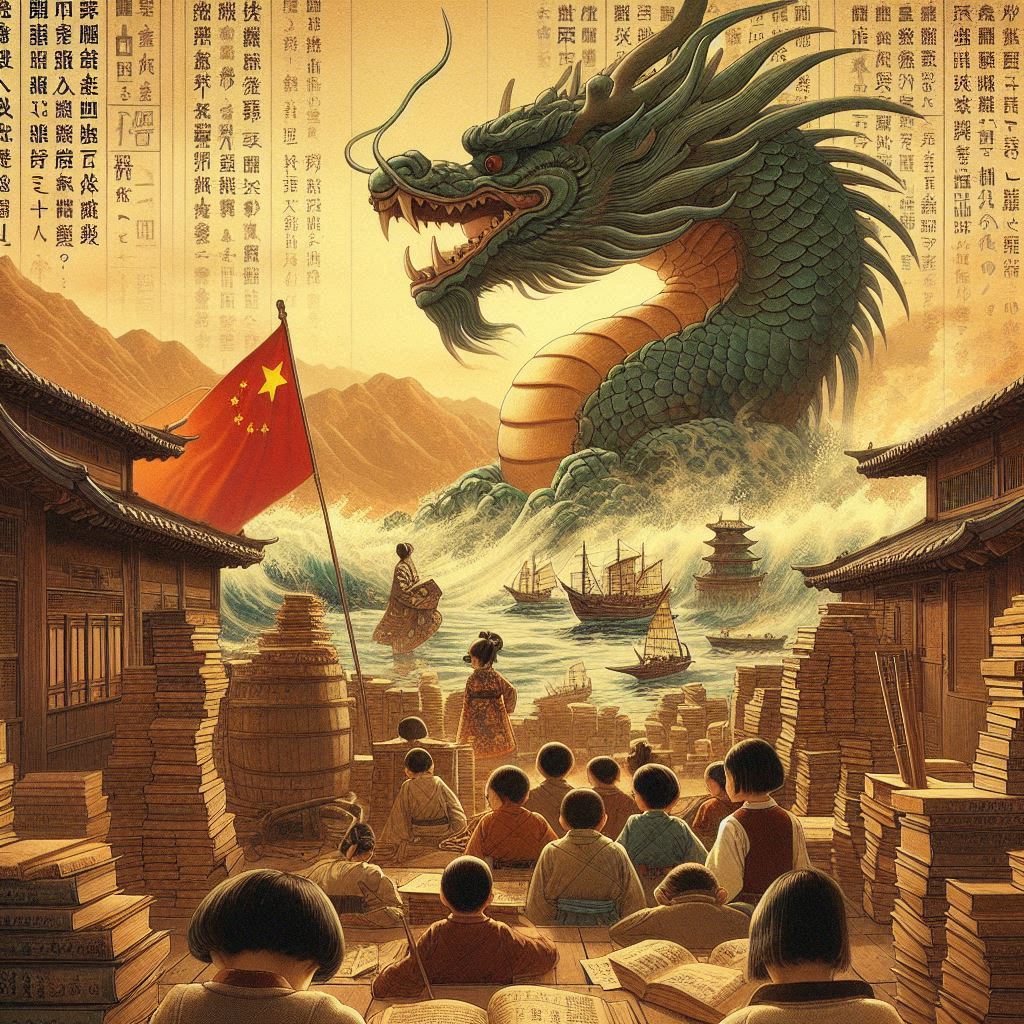深入探討為何日本不願像德國一樣勇於面對過去的戰爭歷史
日本在戰後對侵華戰爭和南京大屠殺的態度與處理方式,尤其在教育方面,與德國對待納粹暴行的方式存在顯著差異。以下是一些可能導致日本在二戰歷史教育中淡化或回避南京大屠殺及侵華戰爭責任的原因:
歷史和政治因素
1.戰後政治結構:戰後日本的政治結構和社會重建在很大程度上由美國主導的佔領政策所影響。雖然進行戰爭罪行的審判,但戰後日本政界中的許多保守派人士仍然掌握權力。這些保守派政客中有部分人對戰時的行為持有不同的解釋,他們傾向於將戰爭的責任淡化或重新詮釋。
2.戰後和解與國際關係:日本在戰後積極與美國建立緊密的經濟和軍事同盟關係,而美國也需要日本作為冷戰時期在亞洲的盟友。這種戰略需求使得一些戰時責任和歷史問題在國際層面上沒有得到徹底清算。此外,日本與中國、韓國等受害國家之間的外交關係也時常受到歷史問題的影響,導致日本政府在歷史問題上採取保守或回避的態度。
社會和文化因素
1. 國家身份與自尊:二戰後,日本社會在重建國家身份時面臨巨大挑戰。承認戰爭罪行和暴行會對國家自尊和國民認同產生重大影響。許多日本人,尤其是保守派,擔心全面承認戰爭罪行會導致對國家的持續批判和負面評價,進而影響國民的自豪感和認同感。
2. 教育系統的影響:日本的教育系統在很大程度上由政府控制,尤其是歷史教科書的編寫和審定過程。戰後幾十年裡,政府對歷史教科書的內容進行了多次修改,試圖淡化戰爭責任和暴行。部分教科書描述南京大屠殺為“南京事件”,並以輕描淡寫的方式解釋日本侵華戰爭的動機。這種做法在國內外引發廣泛的批評。
歷史修正主義的影響
1.歷史修正主義者的活動:在日本,歷史修正主義者一直試圖重新解釋和美化二戰期間的歷史,他們否認或淡化日本的戰爭罪行。某些政界人物、學者和媒體積極宣傳這種觀點,影響公眾對歷史的認知。
2.教科書審定和改寫:歷史修正主義者的觀點在某些時期被納入教科書審定和改寫過程,這導致教科書中對戰爭責任的淡化和對暴行的模糊描述。雖然有些教科書提供更為全面和準確的歷史記述,但在實際教學中,這些內容的傳遞和接受仍然受到不同因素的制約。課本上標示在當時經濟不佳的日本如果不入侵中國就難以避免被殖民化的命運,企圖教育下一代戰爭是無可避免。
結論:日本在二戰歷史教育中淡化南京大屠殺及侵華戰爭責任的現象是多種因素共同作用的結果,包括戰後政治結構、國家身份認同、歷史修正主義以及教育系統的影響。這種態度不僅影響國內外對日本戰爭歷史的認知,也對中日、韓日等國家間的外交關係產生持續影響。未來,要實現更為客觀和全面的歷史教育,仍需在社會、政治和文化層面進行廣泛的反思和調整。
Japan's post-war attitude and handling of the invasion of China and the Nanjing Massacre, especially in the field of education, are significantly different from how Germany deals with Nazi atrocities. Here are some reasons that might explain why Japan tends to downplay or avoid responsibility for the Nanjing Massacre and the invasion of China in its World War II historical education:
Historical and Political Factors
Post-War Political Structure: The post-war political structure and social reconstruction of Japan were heavily influenced by the US-led occupation policies. Although there were war crimes trials, many conservative figures in post-war Japanese politics retained power. Some of these conservative politicians have different interpretations of wartime actions, tending to downplay or reinterpret the responsibility for the war.
Post-War Reconciliation and International Relations: Japan actively established close economic and military alliances with the United States after the war, and the US needed Japan as an ally in Asia during the Cold War. This strategic necessity led to some wartime responsibilities and historical issues not being fully addressed at the international level. Additionally, Japan's diplomatic relations with China, South Korea, and other affected countries are often influenced by historical issues, causing the Japanese government to adopt a conservative or evasive stance on these matters.
Social and Cultural Factors
National Identity and Pride: Post-war Japanese society faced significant challenges in rebuilding its national identity. Acknowledging war crimes and atrocities would severely impact national pride and public identity. Many Japanese, particularly conservatives, fear that fully acknowledging these war crimes would lead to continuous criticism and negative evaluations of the country, thus affecting national pride and identity.
Influence of the Education System: Japan's education system is largely controlled by the government, especially in the writing and approval process of history textbooks. Over the decades following the war, the government has made numerous revisions to the content of history textbooks to downplay war responsibilities and atrocities. Some textbooks describe the Nanjing Massacre as the "Nanjing Incident" and provide a simplistic explanation of Japan's motives for invading China, portraying it as a necessity to avoid economic collapse and potential colonization. This approach has drawn widespread criticism both domestically and internationally.
Influence of Historical Revisionism
Activities of Historical Revisionists: In Japan, historical revisionists have consistently attempted to reinterpret and whitewash the history of World War II, denying or downplaying Japan's war crimes. Certain political figures, scholars, and media outlets actively promote these views, influencing public perception of history.
Textbook Approval and Rewriting: The views of historical revisionists have been incorporated into the textbook approval and rewriting process at certain times, leading to the downplaying of war responsibility and the vague depiction of atrocities in textbooks. Although some textbooks offer more comprehensive and accurate historical accounts, the dissemination and acceptance of these contents in actual teaching are still constrained by various factors. It is taught that Japan's invasion of China was an unavoidable measure to prevent economic collapse and potential colonization, attempting to educate future generations that the war was inevitable.
Conclusion
The phenomenon of downplaying the Nanjing Massacre and the invasion of China in Japan's World War II historical education is the result of multiple factors, including the post-war political structure, national identity recognition, historical revisionism, and the influence of the education system. This attitude not only affects domestic and international understanding of Japan's wartime history but also has lasting impacts on diplomatic relations between Japan and countries like China and South Korea. In the future, achieving a more objective and comprehensive historical education will require extensive reflection and adjustments at social, political, and cultural levels.


照片:DALLE3
- 1
- 2
- 3
- 4
